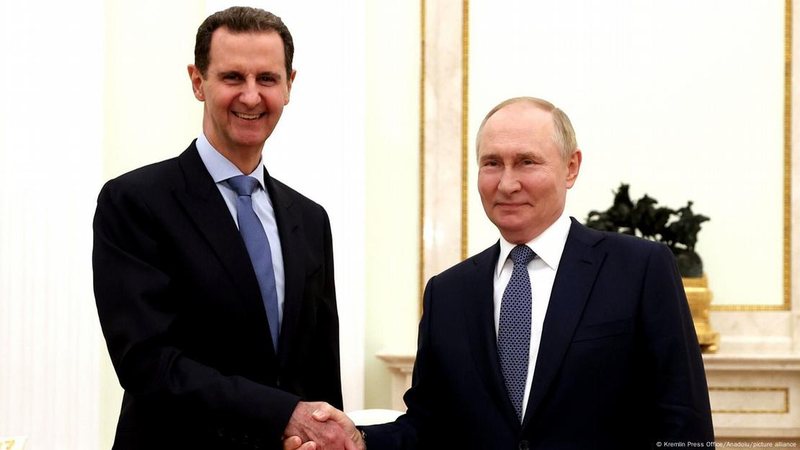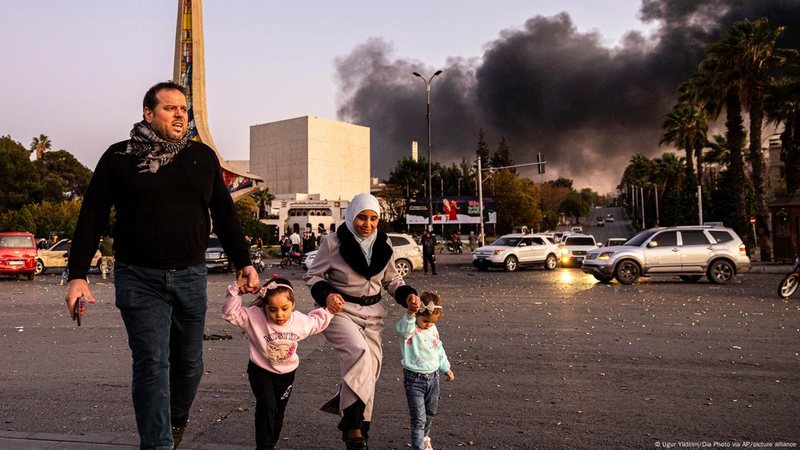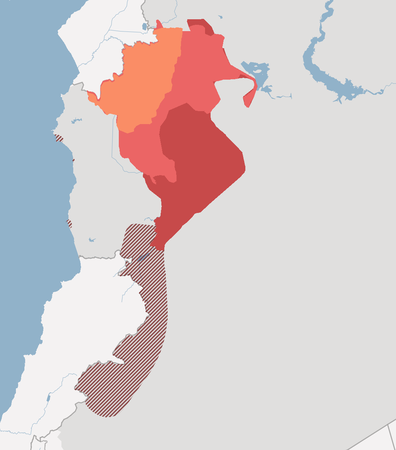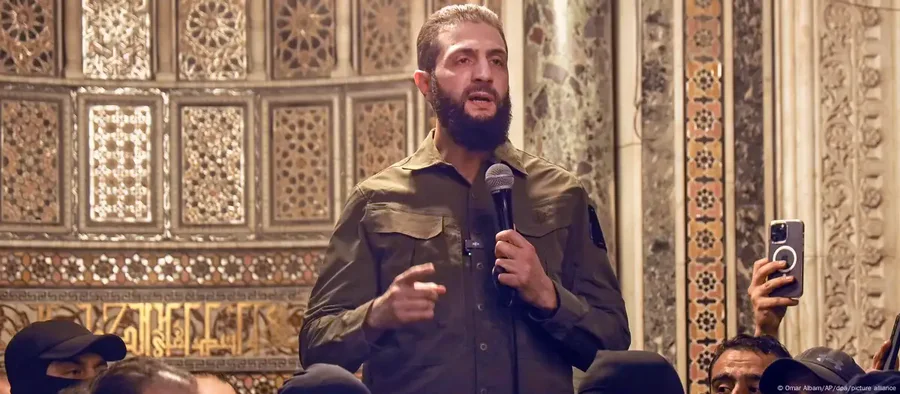
Assad was overthrown by the Islamic alliance "Hayat Tahrir al-Sham" (HTS). HTS has a complicated history related to the Syrian conflict. It was originally founded as Jabhat al-Nusra in 2011, being an offshoot of the Islamist terrorist organization al-Qaeda, founded with the help of Abu Bakr al-Baghdadi, the well-known jihadist leader who later led the Islamic State (IS).
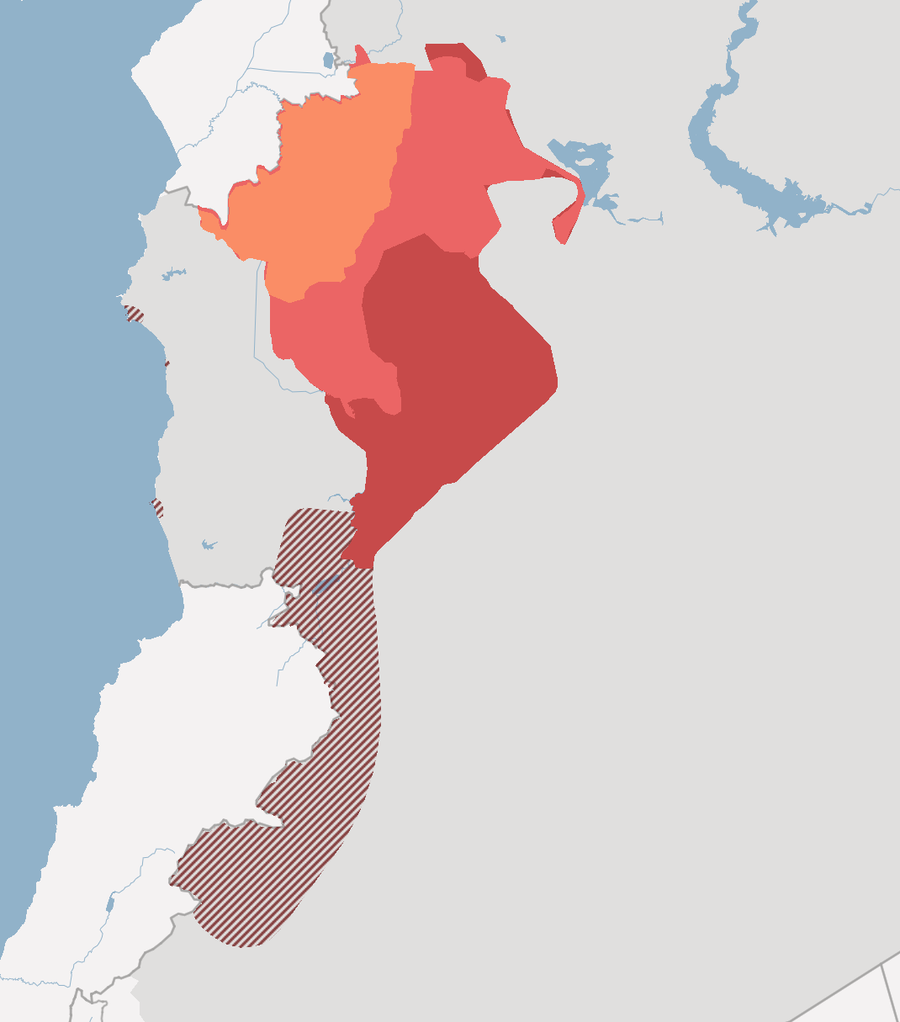
HTS and its leader, Abu Muhammad al-Julani, have in recent years distanced themselves from the extremist terrorist organization al-Qaeda and focused on Syria. For this reason, HTS is not on the list of terrorist organizations by the German Federal Service for the Protection of the Constitution, as a spokeswoman for the Federal Ministry of the Interior of Germany announced on Monday (09.12.2024).
The military victories of HTS, together with other groups, including non-religious ones, follow a national agenda directed against the Syrian government," argues the German government. German Chancellor Olaf Scholz said Sunday evening in a video message that the government of the Syrian government will be judged by the work it does.
Is there peace now in Syria?
Fighting between factions continues: A major coalition group taking part in the offensive on Aleppo is the Syrian National Army (SNA), founded in 2017 and uniting dozens of factions with different ideologies.
The Syrian Democratic Forces (SDF) are a coalition of mainly Kurdish fighters, supported by Arabs and other ethnic groups, that emerged during the Syrian civil war. The SDF has operated under the leadership of the Kurdish People's Protection Units (YPG) and has received significant support from the US, particularly during the campaign against the Islamic State.
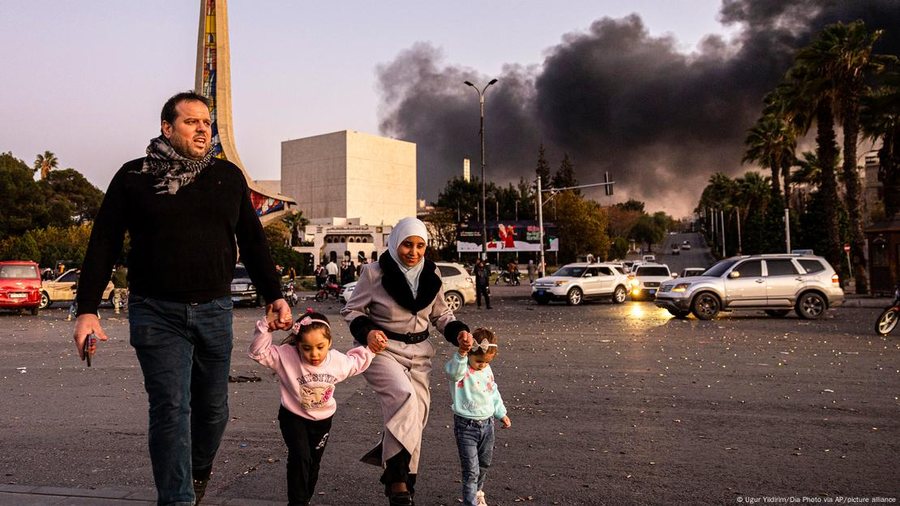
What role do international powers play?
Turkey
Turkey has exerted its influence in Syria by supporting armed groups such as HTS and SNA. Since the start of the civil war, the Turkish military has carried out several military interventions across the border in Syria, mainly against Syrian Kurdish forces.
Russia
Russia has been Assad's most reliable ally, providing military and logistical support throughout the war. Its airstrikes and troops helped Assad maintain power for years, but its capacity to intervene has diminished as resources have been diverted to the war in Ukraine. Assad has rewarded Russia in the past by donating important strategic points, especially ports in the country.
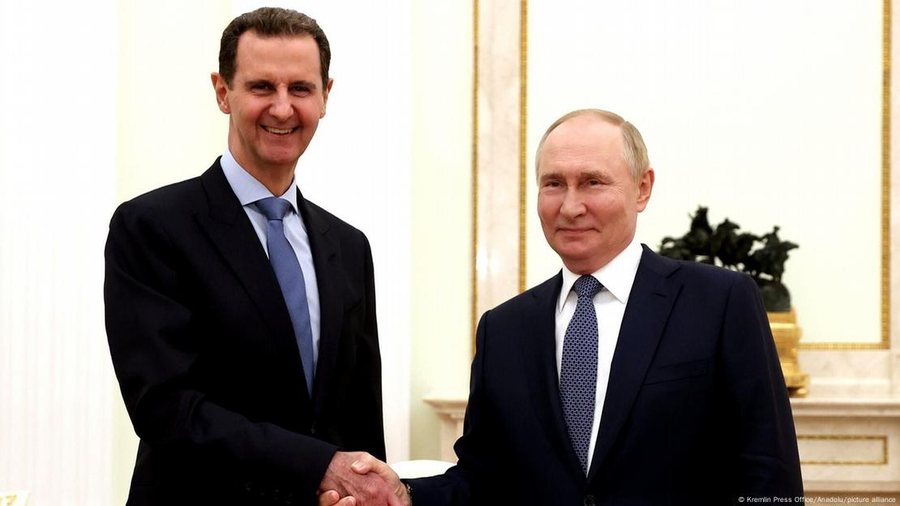
Iran
Iran sees Syria as a vital link in the "axis of resistance", a coalition of militias in the Middle East fighting against US and Israeli influence. It has supported Assad by deploying Iranian forces and Hezbollah fighters, while Damascus has allowed the passage of weapons from Iran and Iraq to Lebanon.
United States
The US supported opposition groups during the early stages of the insurgency in the 2010s, but then shifted focus to the fight against Islamic State.
Israel
Over the past decade, Israel has frequently attacked Iranian and Hezbollah assets in Syria from the air. His actions are aimed at cutting off arms shipments to Hezbollah and neutralizing threats near the occupied Golan Heights. Monday, 9.12. Israel announced that it will intensify airstrikes against advanced weapons depots in Syria, with the aim of neutralizing possible threats after the fall of Syrian President Bashar al-Assad. Defense Minister Israel Katz stated that the military will destroy strategic heavy weapons throughout Syria, including surface-to-air missiles, air defense systems, surface-to-surface missiles, cruise missiles, long-range missiles and coastal missiles. Foreign Minister Gideon Saar stressed that Israel has no interest in interfering in Syria's internal affairs, but aims to protect its citizens by preventing strategic weapons, such as leftover chemical weapons or long-range missiles, from falling into Syria. hands of extremists.
Where is Bashar al Assad?
Bashar al-Assad is suspected to be in Moscow, according to Russian news agencies. The two state agencies, Tass and Ria Novosti, reported on Sunday (08.12.2024), citing a Kremlin source, that Russia has granted Assad asylum on humanitarian grounds. According to the Syrian Observatory for Human Rights, (SOHR), based in the United Kingdom, Assad left Damascus on Saturday evening around 10:00 pm on a private plane. Even Syrian military sources confirmed this information. Damascus is celebrating: Videos and photos on social media show people entering the ousted ruler's presidential palace and celebrating. /DW (A2 Televizion)

